In an age where technology and tradition intertwine, the wine industry stands at the cusp of a significant transformation. Automation, once a term reserved for industries like manufacturing, now resonates through the vineyards, cellars and boardrooms of wineries worldwide. As these age-old establishments grapple with challenges of scale, efficiency and quality, automation has emerged as a guiding light on the path to streamlined operations and enhanced profitability.
1. Efficient Inventory and Sales Management with ERP Systems
Incorporating a robust winery software system can revolutionize your winery's operations by ensuring efficient inventory and sales management. Integrating such systems is becoming increasingly essential for businesses that aim to compete in an evolving landscape.
Real-time Inventory Tracking for Wineries
ERP systems offer real-time inventory tracking to provide a birds-eye view of the amount of stock remaining and its exact location. This bypasses the manual, arduous process of checking and rechecking stocks, freeing up considerable time and resources.
Real-time inventory tracking reduces stock-outs or overstock possibilities, which leads to significant cost savings. Implementation of the right winery software ensures accuracy and consistent inventory records, facilitating data-driven decisions based on real-time information.
Seamless Sales Integration: From Orders to Delivery
Beyond inventory management, ERP systems hold the potential to streamline all aspects of the sales process. Modern ERP software integrates with CRM (customer relationship management) systems, allowing winery staff to manage all steps, from processing orders to organizing deliveries.
This process gives businesses a competitive edge by maintaining a high level of customer service. It optimizes every step of the sales journey for efficiency. With winery software, wineries can track sales trends, forecast customer behavior and tweak market strategies for maximum profit. Further integration with inventory management can pave the way for significant time and financial savings for wineries as well as create space for growth.
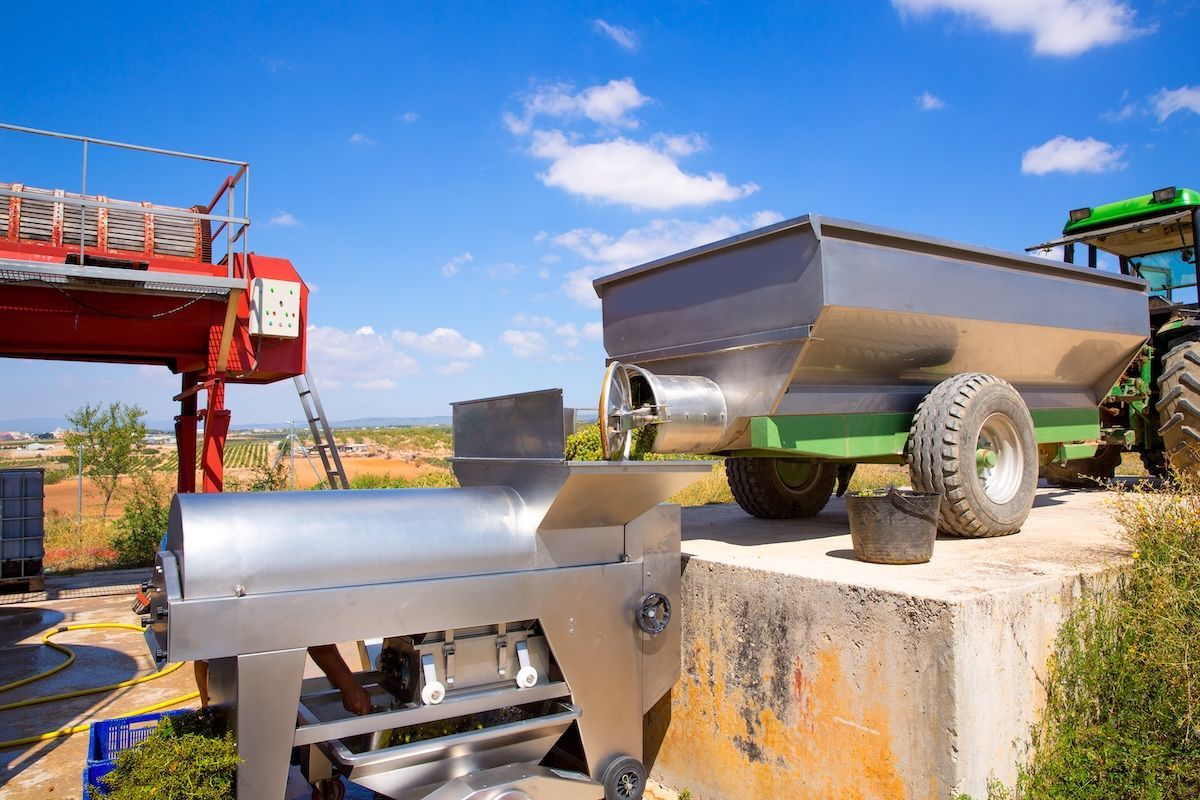
2. Streamlining Grape Harvesting with Automation
Grape harvesting is arguably the most labor-intensive and critical stage in winemaking. Traditionally, wineries relied on manual labor for grape harvesting. The industry has now toward automation for a more efficient and less error-prone approach.
Quality Control: Automated Grape Sorting Systems
Quality control during grape harvesting is pivotal. Advanced winery management systems have integrated automation technology into their processes, including automated grape sorting systems. These systems can accurately and quickly sort through tons of harvested grapes to separate those of inferior quality.
Take, for example, a winery in Bordeaux that implemented an automatic grape sorting system. The machine, equipped with optical sorters, meticulously selected only top-quality grapes, discarding any that were underripe, overripe or unhealthy. The winery could maintain its high standard of wine, save time and reduce wastage – all thanks to automation!
The Revolution of Robotic Grape Harvesters
Automation refines quality control and takes over grape harvesting. The robotic grape harvester is the newest entrant in the field. These machines pick grapes from the vines with precision, guided by programmed instructions, and are capable of harvesting several acres of vineyard in just an hour – a feat unimaginable with manual labor!
Incorporating automated systems into grape harvesting processes presents a significant advantage. Outsourcing labor-intensive tasks like sorting and picking to smart machines saves time and money while ensuring the production of impeccable wine. Automation holds the key to streamlining grape harvesting, underlying its importance in modern winemaking.
3. Navigating Compliance Seamlessly with Automated Tools
Being in the alcohol industry, compliance with regulations is another aspect that wineries need to master. Modern technology alters the process, making compliance management and reporting easy.
Regulatory Compliance Made Simple for Alcohol Manufacturers
The ever-changing landscape of regulations and laws for alcohol production requires wineries to be vigilant and updated. Winery software with compliance features can simplify this complicated process by managing production details and ensuring adherence to local and global regulations. In turn, regulatory compliance becomes less arduous and more accurate.
Audit-Ready Reporting at the Click of a Button
Reporting on compliance processes often entails periodic audit preparation. Automated tools allow wineries to carry out these traditionally time-consuming and stressful tasks in less time.
Modern winery management software offers 'audit-ready' reporting. This feature enables wineries to compile records and generate reports quickly and efficiently. Compliance was once viewed as a burdensome though necessary evil in winemaking, but technology has transformed it into a streamlined process.
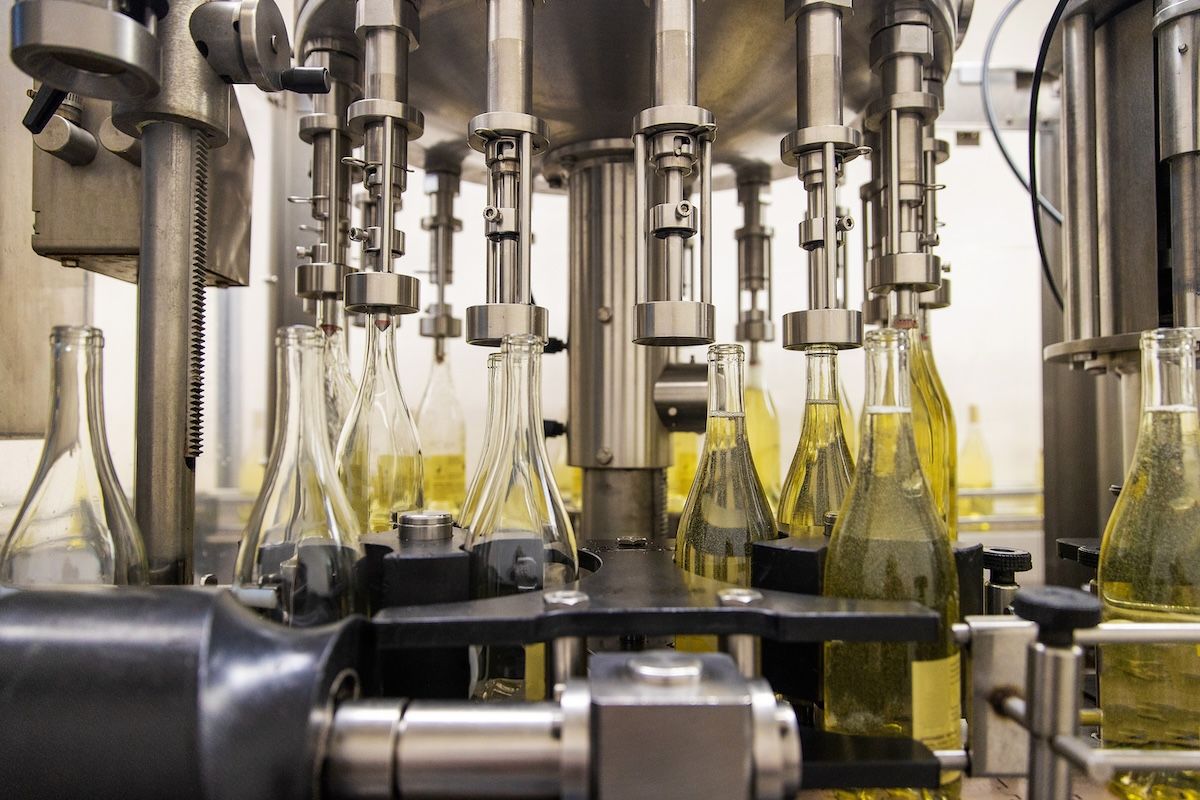
4. Boosting Production Efficiency
Continually optimizing winery production processes is imperative for maximum output and sustainable business growth. Automation has paved the path for wineries, streamlining production processes for optimal output and consistent quality across batches.
Streamlined Production Processes for Enhanced Output
Understanding your winery’s production capacity and potential is crucial to your business plan. Winemaking involves numerous stages, each of which requires intricate planning and execution to achieve optimal output. Wineries that use a fully integrated ERP system to run both their winemaking and their back-office operations can better achieve well-managed, effective production cycles.
Quality Assurance: Maintaining Consistency in Every Batch
Quality is just as important as quantity. A single substandard batch can dramatically impact the reputation of the winery. Automation can provide valuable assistance in this regard. Modern winery software enables wineries to monitor product quality at every production stage, from grape picking to bottling, to ensure consistency in every batch.
Want to Learn More?
When paired with integration between or within systems, automation significantly improves efficiency, saves time and optimizes resources for wineries. If you’re ready to take the next step toward automation,
contact our U.S. or Australian winery software experts and learn about Crafted ERP’s winery management software.
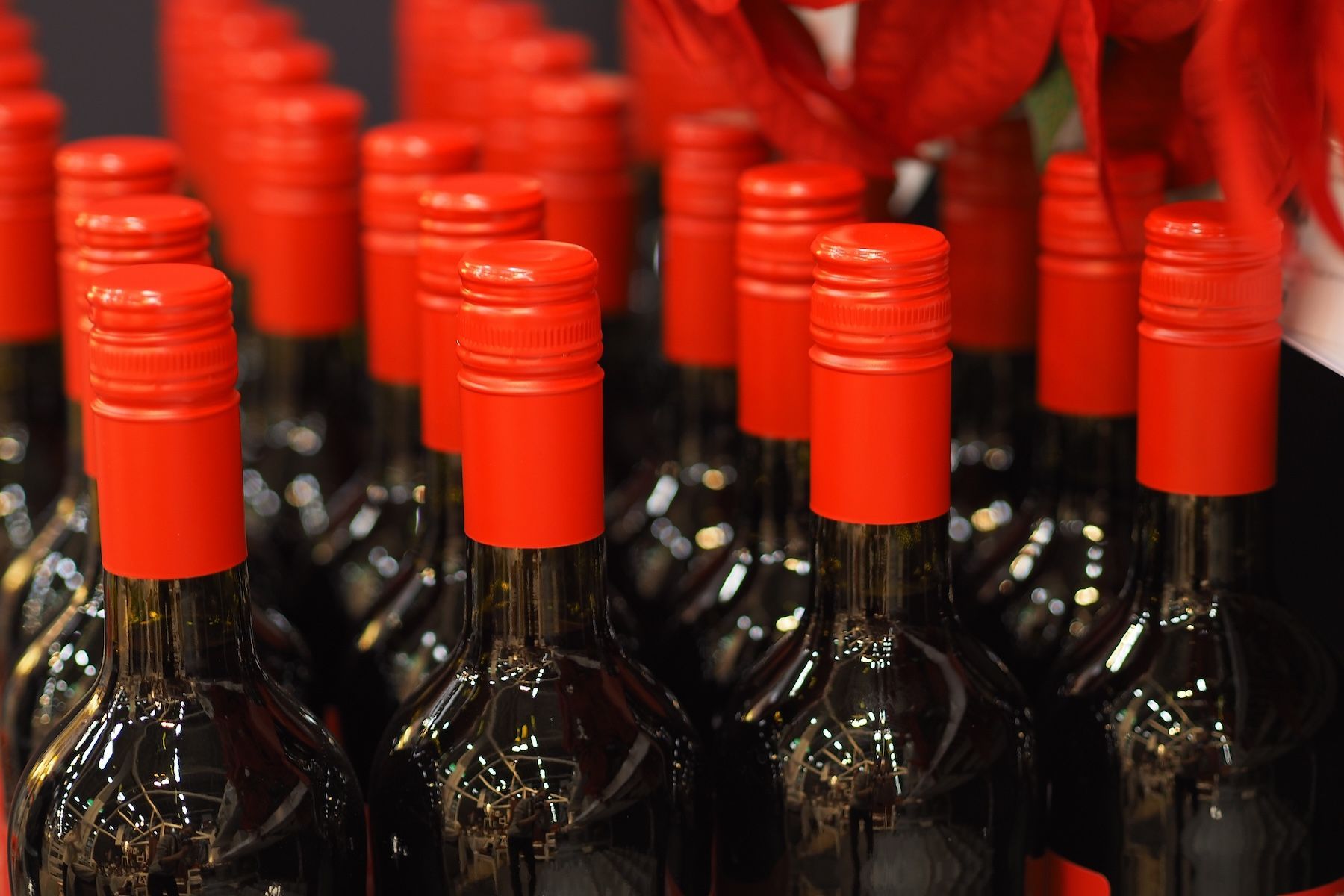
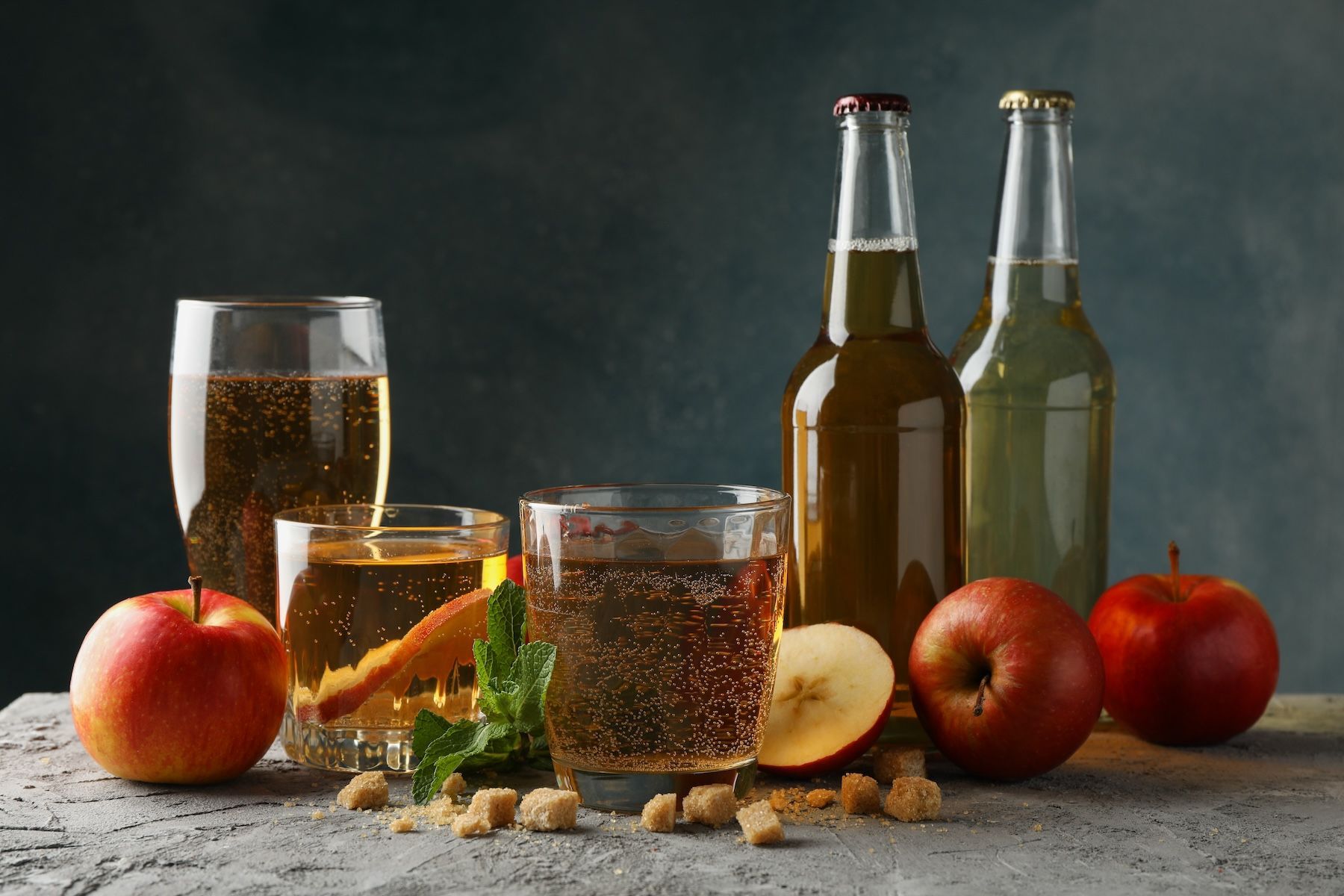
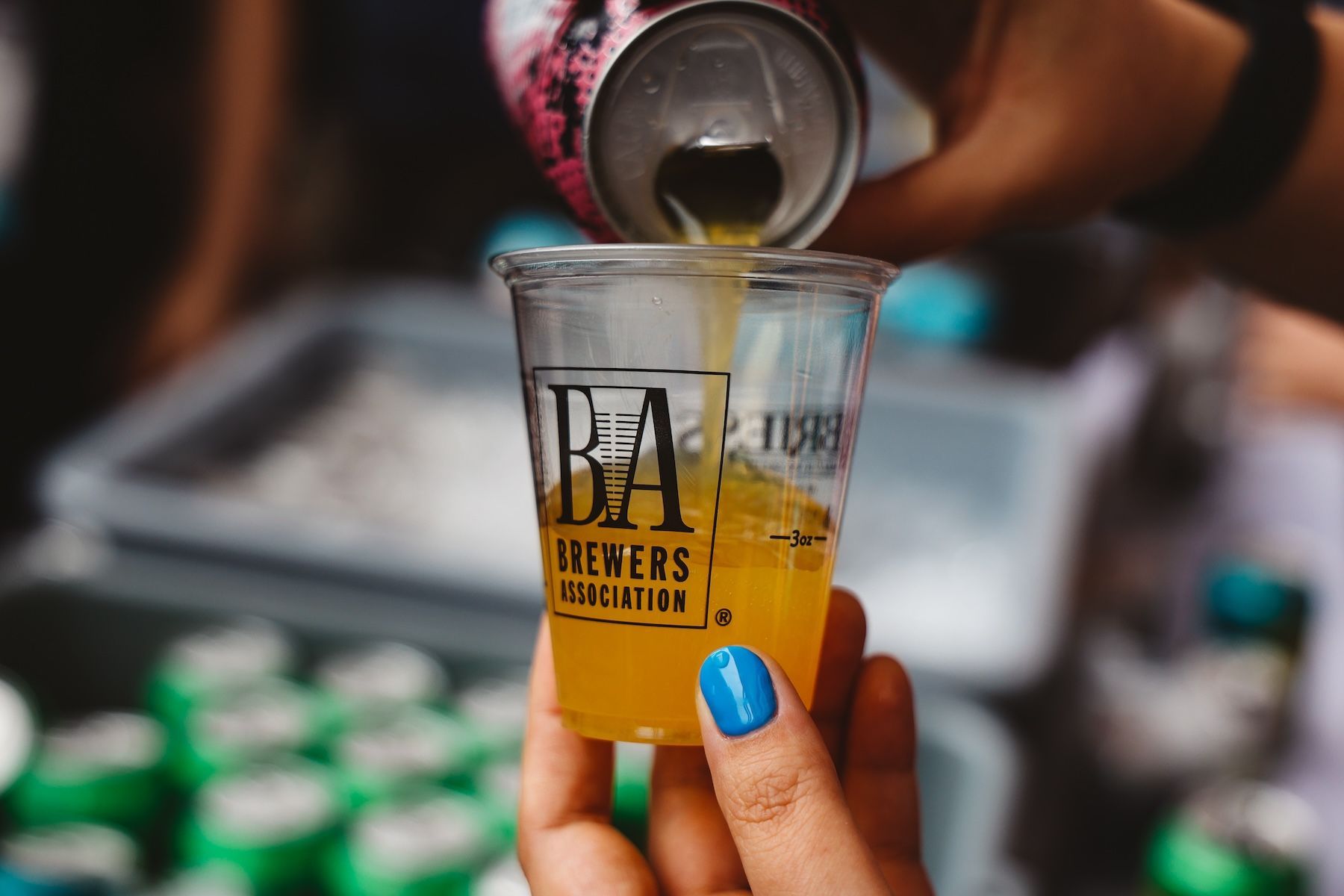

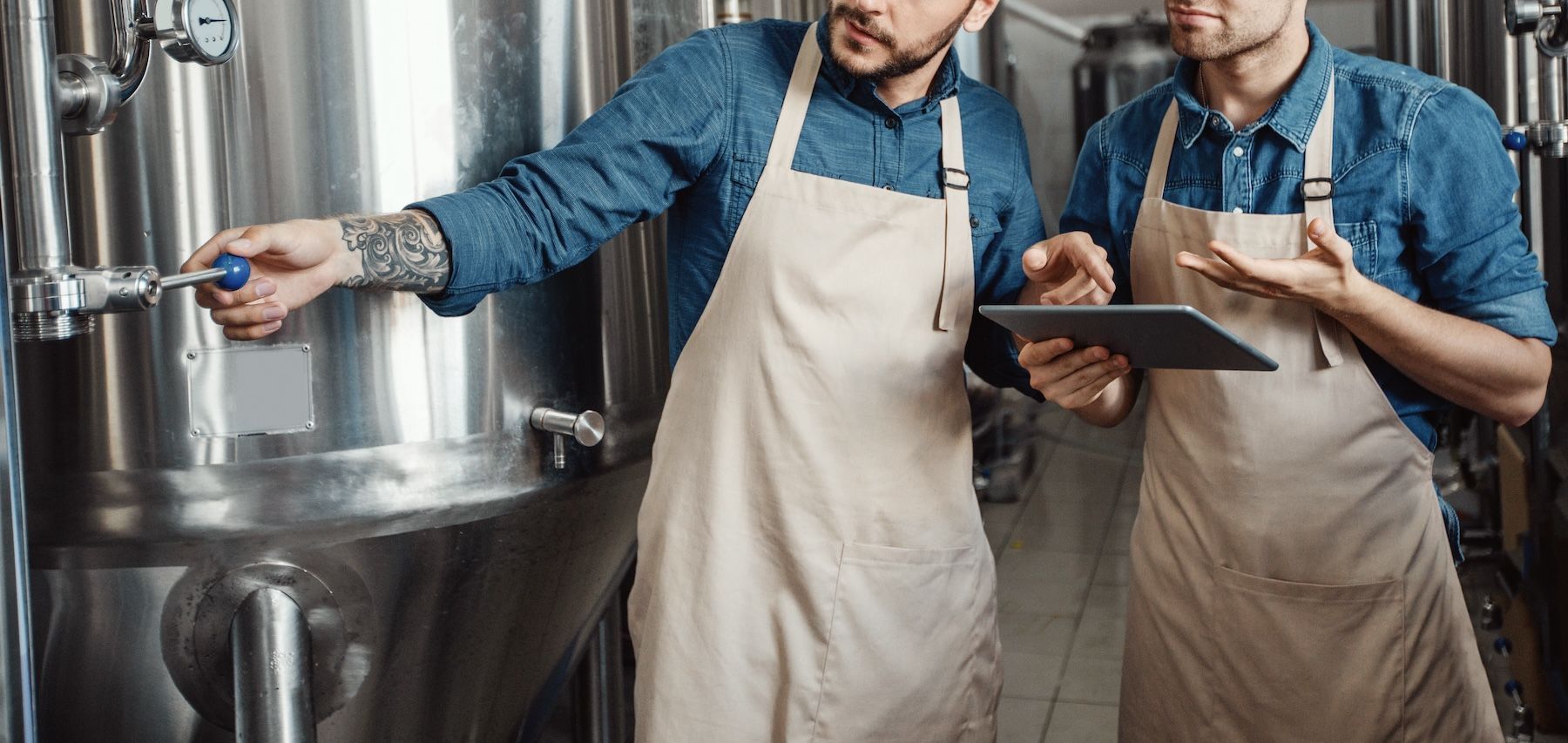
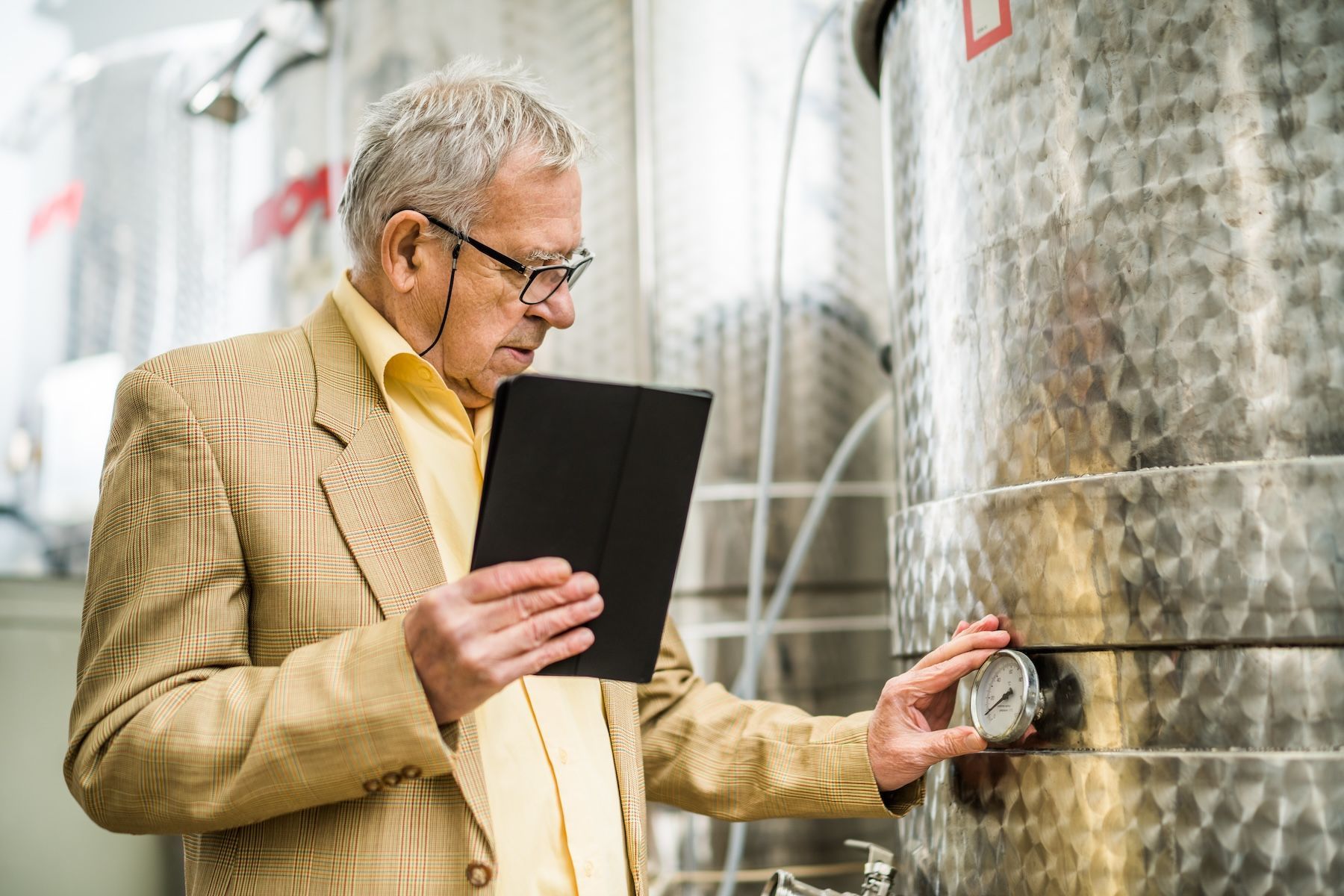
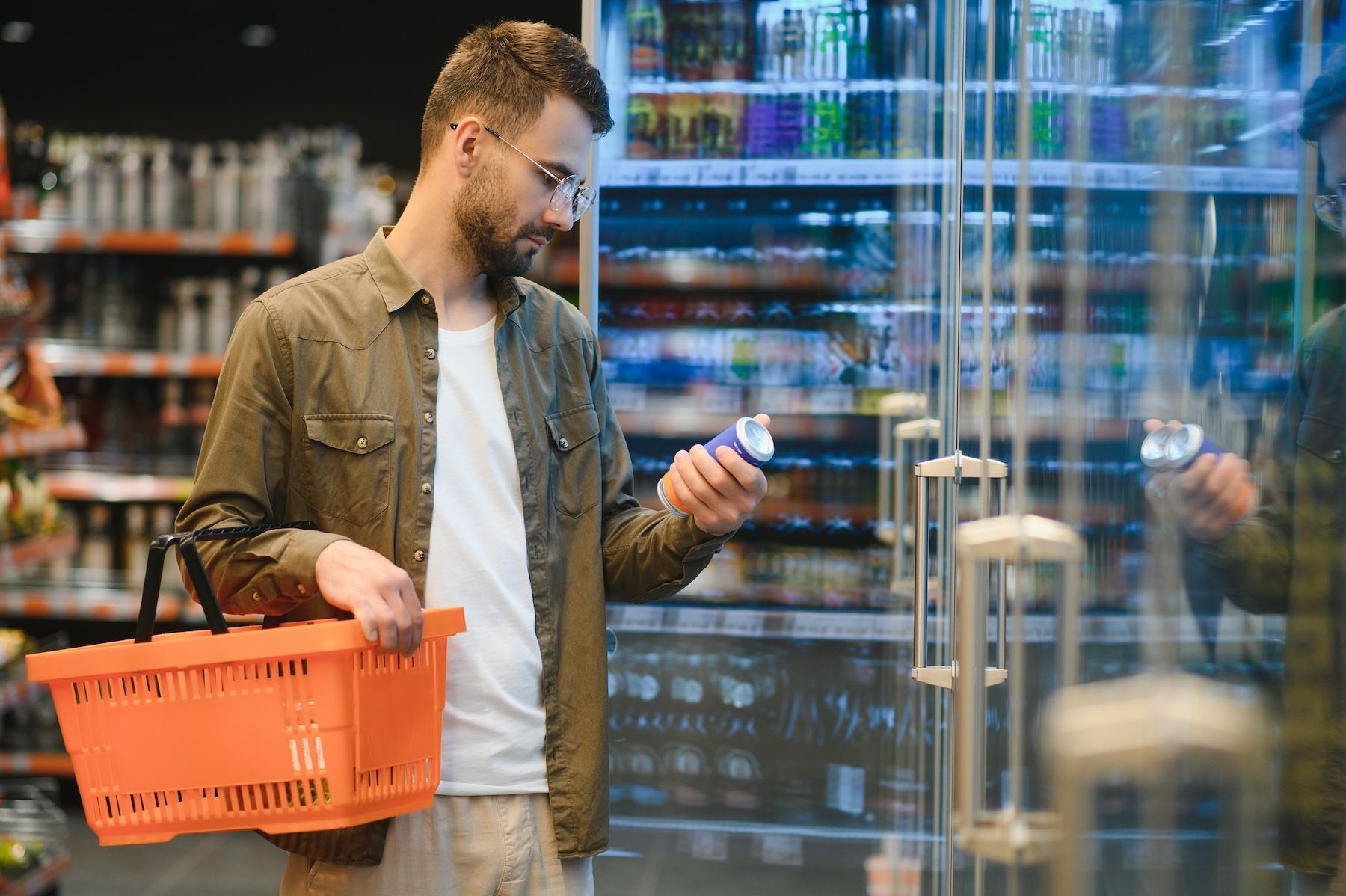

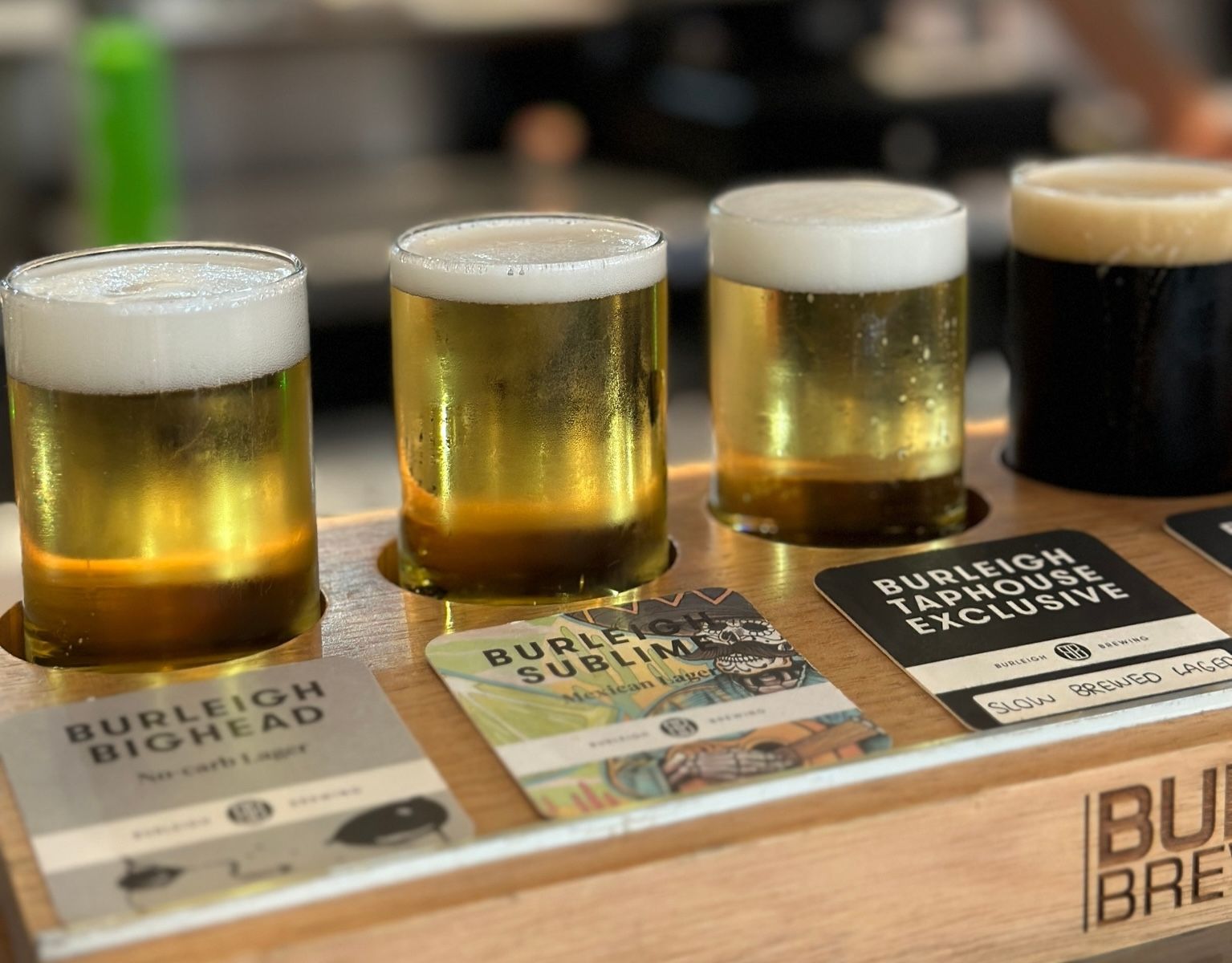
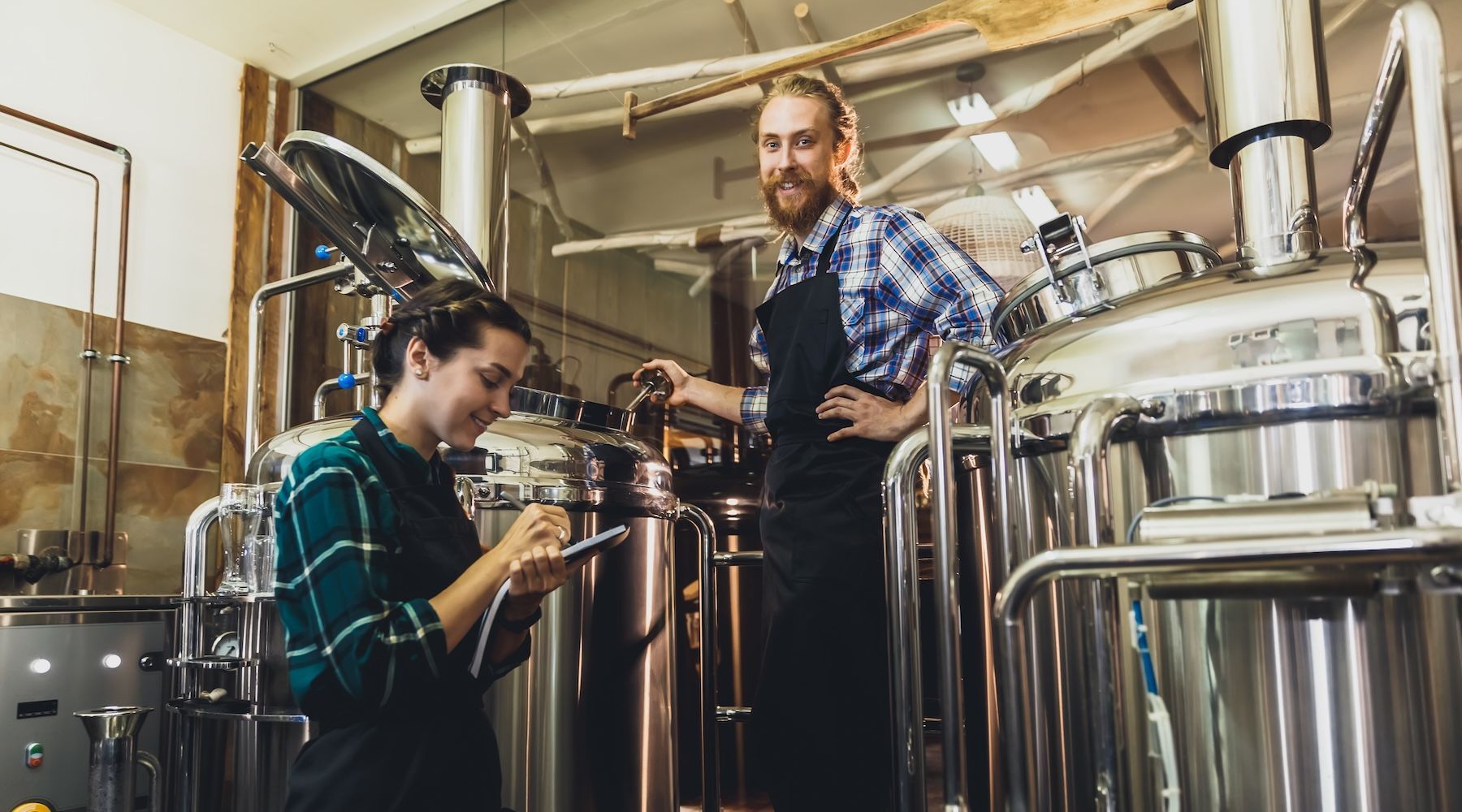
GET IN TOUCH
1512 Larimer Street, Suite #150
Denver, CO 80202
United States
(720) 699-0200
66 Goulburn Street
Sydney, NSW, 2000
Australia
+61 2 9044 1330

